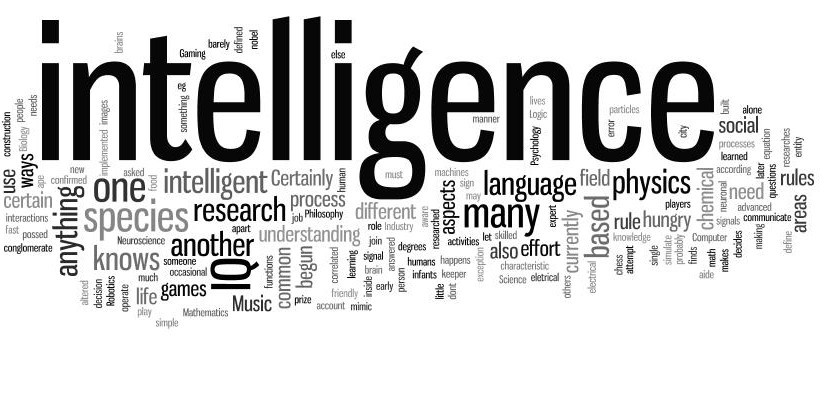Despite the fact that intelligence is a fairly relative term, there are several ways in which psychologists have attempted to classify it. Following are some examples.
Intelligence is a very ambiguous term. A teacher of a primary school may be considered highly intelligent buy his or her students, but the same teacher certainly cannot be considered intelligent by someone with greater educational prowess or qualifications. Then again, the primary teacher may have qualities which the professor might not. Hence, it cannot be definitely defined who is intelligent and who is not. For several centuries, psychologists have been trying to classify intelligence according to the nature and manner in which they are manifested, which leads to inadvertent conclusions.
Triarchic Classification of Intelligence
Although there are several ways in which intelligence can be classified, one of the most logical theories is this one. In fact, after extensive study that has been conducted by our experts at newspsychology, it is seen that every individual who is considered conventionally intelligent can be classified into one of these three categories. They are as follows-
- Componential Intelligence- These are very straightforward, and in fact, banal ways of assessing one’s intelligence. It is determined with the help of intelligence and aptitude and even IQ tests, with carefully formulated questions.
- Emotional Intelligence- This is the kind of intelligent ability which gives individual great powers to assess their surroundings, judge the behavior of people, and regulates their behavior accordingly. It is a highly social trait
- Contextual Intelligence- which is the ability that some people have by which they can easily fit themselves into situations, turning them into survivors. They are also the creative kind.
